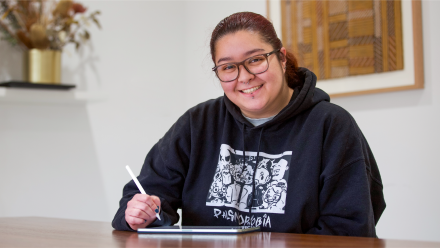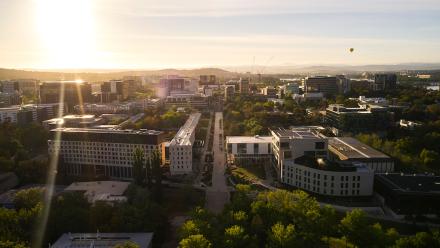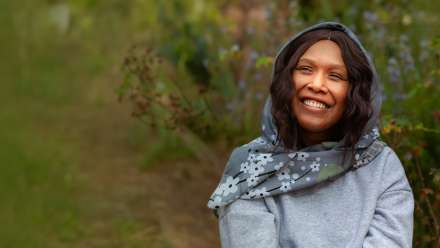Visionary goal
“Gordon believed that young researchers would often have good ideas that weren’t necessarily in line with large companies whose main focus was their bottom line and that these, sometimes unconventional, ideas needed assistance getting off the ground,”
Without the support of Bootes Medical Research Foundation funding, Dr Jason Potas said he would be "out of the game".
"For someone like me, the impact of Bootes Foundation funding is massive," said Jason, who leads the Neural Control Systems Laboratory at the şÚÁĎĚěĚĂJohn Curtin School of Medical Research (JCSMR).
"The Foundation has enabled my laboratory to continue to conduct independent quality research in an otherwise dire environment. For example, only 13.7 per cent of national applicants were awarded funding by the National Health and Medical Research Council (NHMRC) in 2015 and this generally goes to the big names, even though 85 per cent are considered 'fundable'."
The Bootes Foundation was established in 2008 by Gordon Bootes. Gordon came from a local cattle industry background and, apart from his time in the army during the Second World War, carried out the family tradition until a fire and failing eyesight, due to glaucoma, forced him to leave the property.
"It was his failing eyesight that led Gordon to donate money to medical research in the hope that future generations could lead healthier and more fulfilling lives. He was particularly interested in stem cell research and the regeneration and/or repair of damaged structures," said Dianne Garner, co-director of the Bootes Medical Research Foundation.
"Gordon's belief was that the acquisition of knowledge was an end in itself," she said.
Gordon died in 2010, and the Foundation is now run by members of his family, grandsons Charles and Michael Bootes, and daughter-in-law, Dianne. Since its inception, the Foundation has provided valuable support to JCSMR.
"Gordon didn't go on to university, but he had this incredible thirst for knowledge," Dianne said. "His aim was to provide young researchers with opportunities that would otherwise be hard to come by and which were not available to him."
The Bootes Foundation has supported many research projects at JCSMR, including the purchase of a Canon CR-2 fundus camera for the Clinical Visual Research Facility within the Eccles Institute for Neuroscience, as well as a host of research endeavours.
"Gordon believed that young researchers would often have good ideas that weren't necessarily in line with large companies whose main focus was their bottom line and that these, sometimes unconventional, ideas needed assistance getting off the ground," Dianne said.
Dr Jason Potas said Bootes Foundation funding enabled "little guys" like him to get preliminary work done to become more competitive for the bigger grants.
"Thanks to the Bootes Foundation, we are starting to publish some of our research in quality journals which would otherwise be near impossible."
Jason said the Bootes Foundation was currently funding a project investigating red light to treat spinal cord injury.
"We found that red light penetrates the entire spinal cord and alters the biology to improve functional outcomes and reduce inflammation. Who would have thought a red light can do that? It's pretty exciting," he said.


